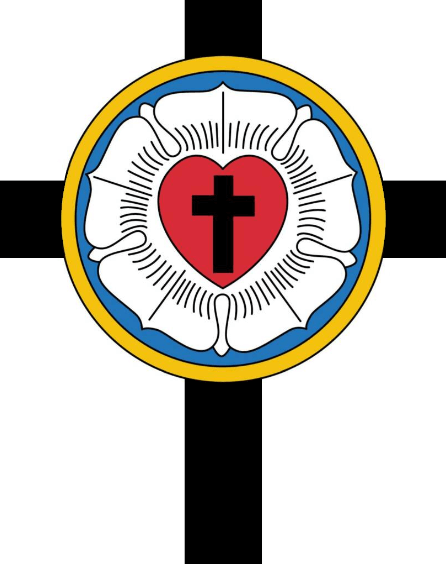Let's have a look at the Denmark National Religion. In the heart of Scandinavia lies a country known for its rich history, stunning landscapes, and unique cultural identity. Denmark, a nation with a heritage dating back over a thousand years, boasts a national religion that is deeply intertwined with its past and present – Evangelical Lutheran Christianity. In this article, we will delve into the intricacies of Denmark's national religion, exploring its historical roots, cultural significance, and the role it plays in contemporary Danish society.
Understanding the Historical Roots of Evangelical Lutheranism
To comprehend the significance of Evangelical Lutheranism in Denmark, we must travel back in time to the early 16th century. It was during this period that a German monk named Martin Luther sparked the Protestant Reformation, challenging the Catholic Church's doctrines. Luther's teachings gained traction in Denmark, leading to the establishment of Lutheranism as the state religion in 1536.
The Reformation in Denmark
The Danish Reformation marked a pivotal moment in the nation's history. King Christian III played a central role in adopting Lutheranism as the state religion, ushering in a new era of religious identity for Denmark. This transition led to the dissolution of monasteries and the confiscation of church properties, redistributing wealth and power within the kingdom.
Denmark National Religion in Danish Culture
Religious Holidays
Evangelical Lutheran traditions continue to shape Denmark's cultural fabric. The country observes significant religious holidays like Christmas and Easter with fervor and devotion. Christmas, in particular, holds a special place in Danish hearts, characterized by candlelit ceremonies, traditional foods, and the exchange of gifts.
Cultural Values
The values of humility, community, and compassion, deeply rooted in Evangelical Lutheran teachings, are integral to Danish culture. The "Janteloven" or Jante Law, a concept representing modesty and the collective welfare, finds its roots in these values.
Contemporary Relevance of Denmark National Religion
Church Attendance
While Denmark remains a predominantly Lutheran country, church attendance has declined in recent years. Nevertheless, many Danes still identify with the Lutheran faith, participating in church ceremonies for important life events such as baptisms, confirmations, weddings, and funerals.
Interfaith Tolerance
Denmark's national religion coexists harmoniously with religious diversity. The country is known for its religious tolerance, allowing people of different faiths to practice their beliefs freely.
Conclusion
Denmark's national religion, Evangelical Lutheranism, serves as a window into the nation's history, culture, and values. While its influence has evolved over the centuries, it remains a significant part of Danish identity. As Denmark continues to evolve, so too will the role of Evangelical Lutheranism in its society.
Denmark National Religion: FAQs
1. Is Evangelical Lutheranism the only religion in Denmark?
No, Denmark allows religious freedom, and people of various faiths coexist peacefully alongside Lutherans.
2. How does Denmark celebrate Christmas in a Lutheran tradition?
Christmas in Denmark is marked by candlelit ceremonies, traditional meals, and the exchange of gifts on December 24th.
3. Are there any famous Danish Lutheran churches to visit?
Yes, some notable Lutheran churches in Denmark include Roskilde Cathedral and Grundtvig's Church in Copenhagen.
4. Has Denmark's national religion faced any challenges in recent times?
Yes, like many Western countries, Denmark has seen a decline in church attendance in recent years, posing challenges for the Lutheran Church.
5. Are there any notable Lutheran theologians or figures from Denmark's history?
One of the most renowned figures is Hans Tausen, a Danish Lutheran theologian and key player in the Danish Reformation.
References
- "Religion in Denmark." European Social Survey. https://www.europeansocialsurvey.org/data/country.html?c=denmark
- "The Danish Reformation." National Museum of Denmark. https://en.natmus.dk/historical-knowledge/historical-themes/denmark/the-danish-reformation/
- "Jante Law: The Dark Side of Denmark." BBC Travel. https://www.bbc.com/travel/article/20181104-jante-law-the-dark-side-of-denmark
